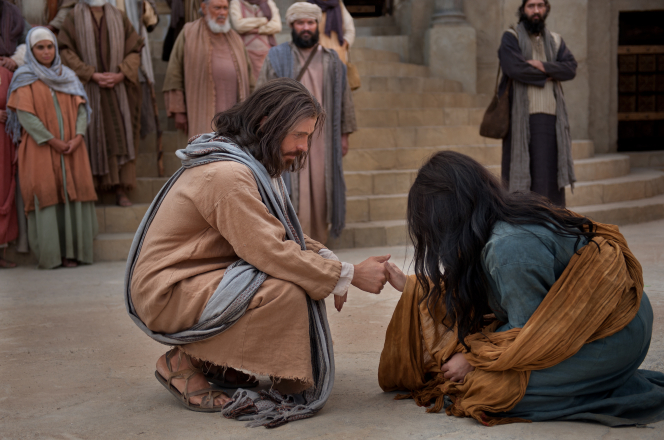Argh! This entire
Benghazi debacle frustrates me. My opinion:
(Some) Conservatives insist on calling it a scandal
because of the four dead Americans. I
see the Benghazi incident as a failure in policy and operation—clearly the
State Department had (has) entirely too much influence in matters of
defense. Notwithstanding the poor
performance up to and including September 11, 2012, that performance alone is
not scandalous (unless they were running guns, as some suspect). Instead, the lies to the American public, the
Libyans, and especially the families of the slain Americans, by the highest
levels of government—this is the scandal.
It was common knowledge from before the attack even ended that this was
a terrorist attack. It had nothing to do
with a video. Yet Hillary Clinton went on Libyan national TV and apologized for the video; and she and President Obama both continued this lie in their dealing with the grieving families of the slain Americans. Another appendage to the
scandal (not mentioned by most conservatives) is the injustice perpetrated on the
producer of 'the video'.
Liberals push back has taken many forms:
a) We’ve wasted time and money on this already.
Rebuttal: If more investigating is needed because
people have been lying, the blame for the “waste” belongs to the liars.
b) Bush
lied, too!
Rebuttal:
Irrelevant
c) The republicans are politicizing an issue of
4 dead Americans for their gain.
Rebuttal: That the dems look bad because this
administration lied, that’s not the Republicans fault. So Republicans are guilty of politicizing an
issue that the democrats politicized?
I watched the entirety of Jon Stewart’s latest commentary on
the issue. He concedes that the white
house has lied. He concedes that four
Americans are dead because of poor policy and bad decisions. Then he proceeds to outline how Bush had done
the same. And his conclusion is that 1)
Republicans are hypocrites for being outraged now when they were not outraged
by actions in the Bush administration; and 2) democrats aren’t outraged because
we’ve seen all this before.
The major flaw is Stewart's approach is his assumption that anyone outraged over Benghazi must be a Bush-loving, die-hard anti-liberal, Republican-at-all-costs, conservative. This simply isn't the case. Many people who are concerned with Benghazi are and have been concerned with any scandal or corruption in any level of government. What Stewart and many others have done to this issue (as with most politics nowadays) is that they've constructed the argument as a taking-sides, prove-the-other-wrong, debate. Reducing the argument to two sides contributes to a divisive populace. Why can't we stand as one people, united, against any injustice or dishonesty perpetrated by any elected official? Idealistic, I know; and I'm not so naive as to think that we've ever really behaved this way. From even before day one, our citizenry has been divided. The natural flow towards party politics creates major division that does more harm than good.
So, am I divisive if I pick apart Stewart's arguments? Let me try to pick it apart without using a single "defend the republican party" line or argument:
1) He begins by poking fun at the fact that Fox News and
others are talking so much about Benghazi.
So he’s a funny guy. I get
that. But how is that in any way a
logical argument? "You guys are talking
about this too much!" So what.
2) He flashes a picture of Bush on the carrier with the
Mission Accomplished photo.
Irrelevant. What does this
prove? He was trying to prove that Bush
took advantage of situations for political gain, particularly around election
time. So. The Benghazi lies are still in front of us. And I'm not a Bush-lover.
3) He makes much ado
about Rumsfeld's (lame) statement/excuse regarding not having adequate tanks for our troops. Irrelevant.
4) He nails the Republicans for having planted a false story and using it for political gain, then refusing to admit it was a planted lie. Irrelevant. And he's right, they lied. They are liars! Still irrelevant.
5) His main point is that dems can't be outraged in the face of hypocrisy that they've seen over and over and over. This amounts to "your guys lied, so don't be mad when my guys lie; just get over it!". This is where he again frames the entire play as a battle of two parties. He's just telling people to shut up. That's not an argument.
We'll never get anywhere as a nation with this type of discussion. And sadly, I don't see it changing. It would take some incredibly brave politicians (there are a few, I imagine) to break out of the system and challenge the people on their own "side". Someone, or some people, will need to stand up and say "this is wrong!" even as they are denouncing people of their same political color. As a conservative, I see this amongst conservatives. Some tea party candidates. Unfortunately, the established Republicans have declared war upon anyone who will not step in line with their agenda. As I am not a democrat, I am not as aware as to whether or not this is happening on the left. My impression is that dems are pretty darn good at sticking together. I do think that there are some rather prominent public figures that espouse the practice and mindset of unity over divisiveness. Though many wouldn't believe me, this is one of Glenn Beck's central themes, in talk and in practice. I also understand that Jon Huntsman is pushing for this type of mind-shift in politics.
Back to Benghazi. Speaking for myself, am I OUTRAGED (said in my best Jon Stewart condescending tone I can muster)? Why yes. But what does this mean? What do I want to happen? If wishes were fishes, I would like there to be an investigation and that people lost their jobs over dishonesty and corruption. This will not happen. Mostly, I just want voters to understand that Hillary Clinton is a liar, and that this scandal alone renders her unqualified and unfit for the highest political office on the planet. Sadly, millions will vote for her (she's on their side, after all!). And she might win. And this just boggles my mind to no end.

.JPG)


